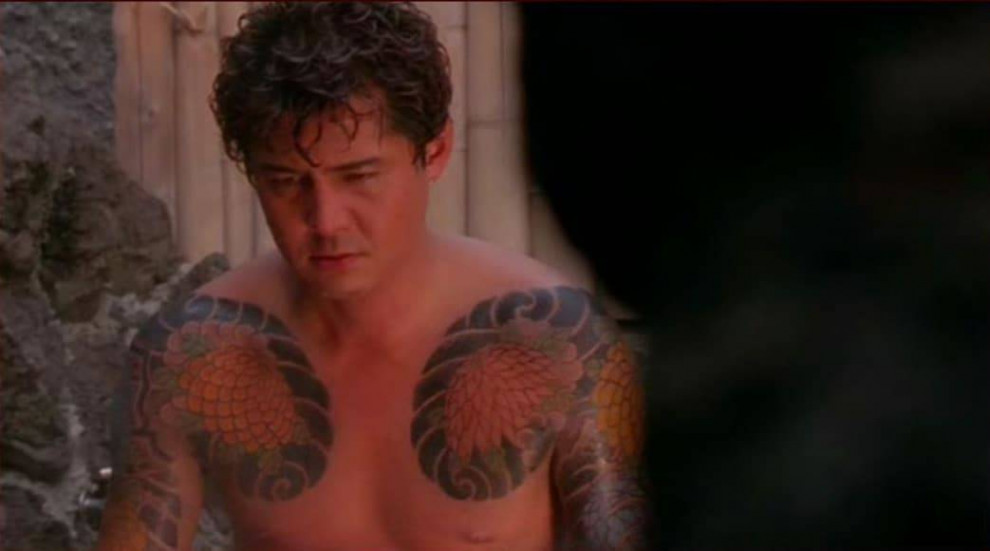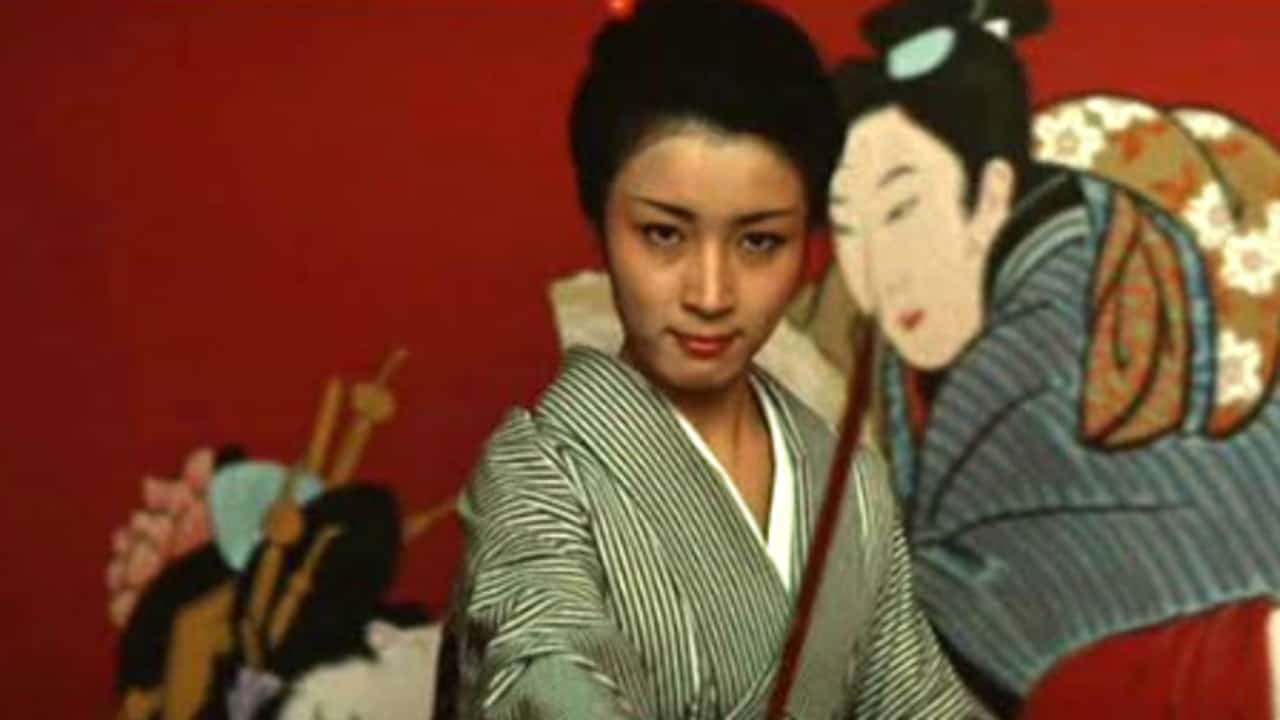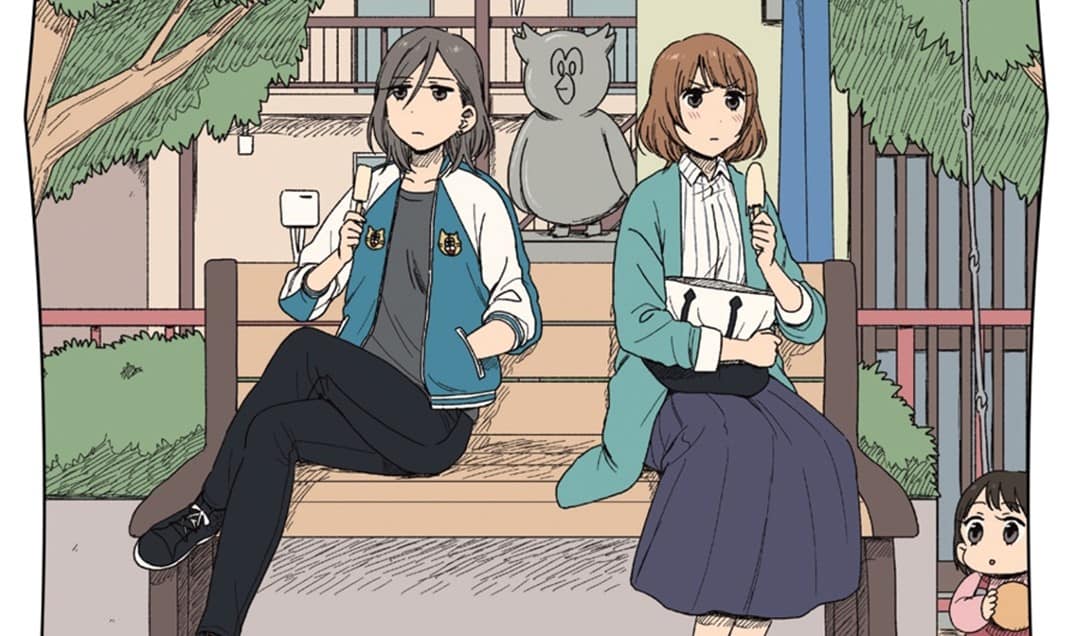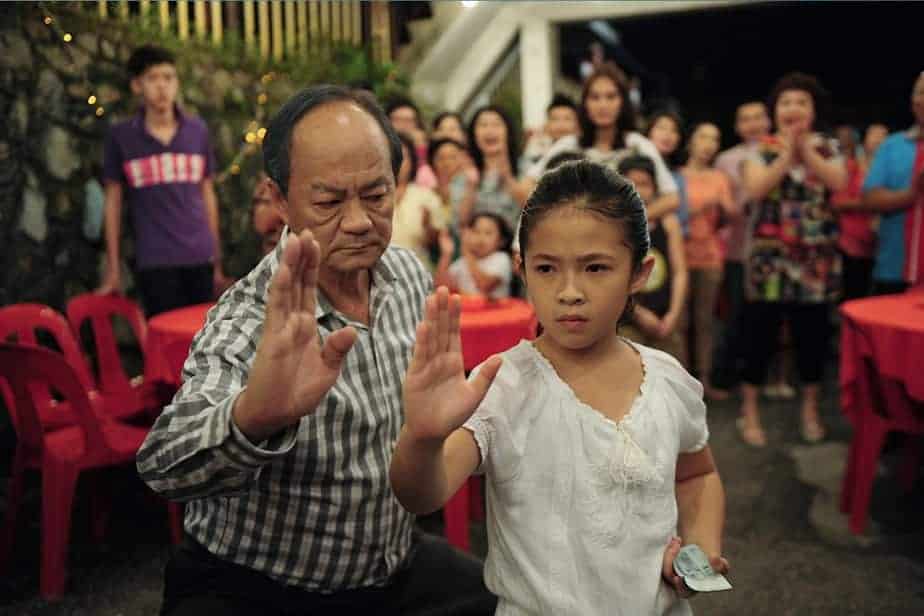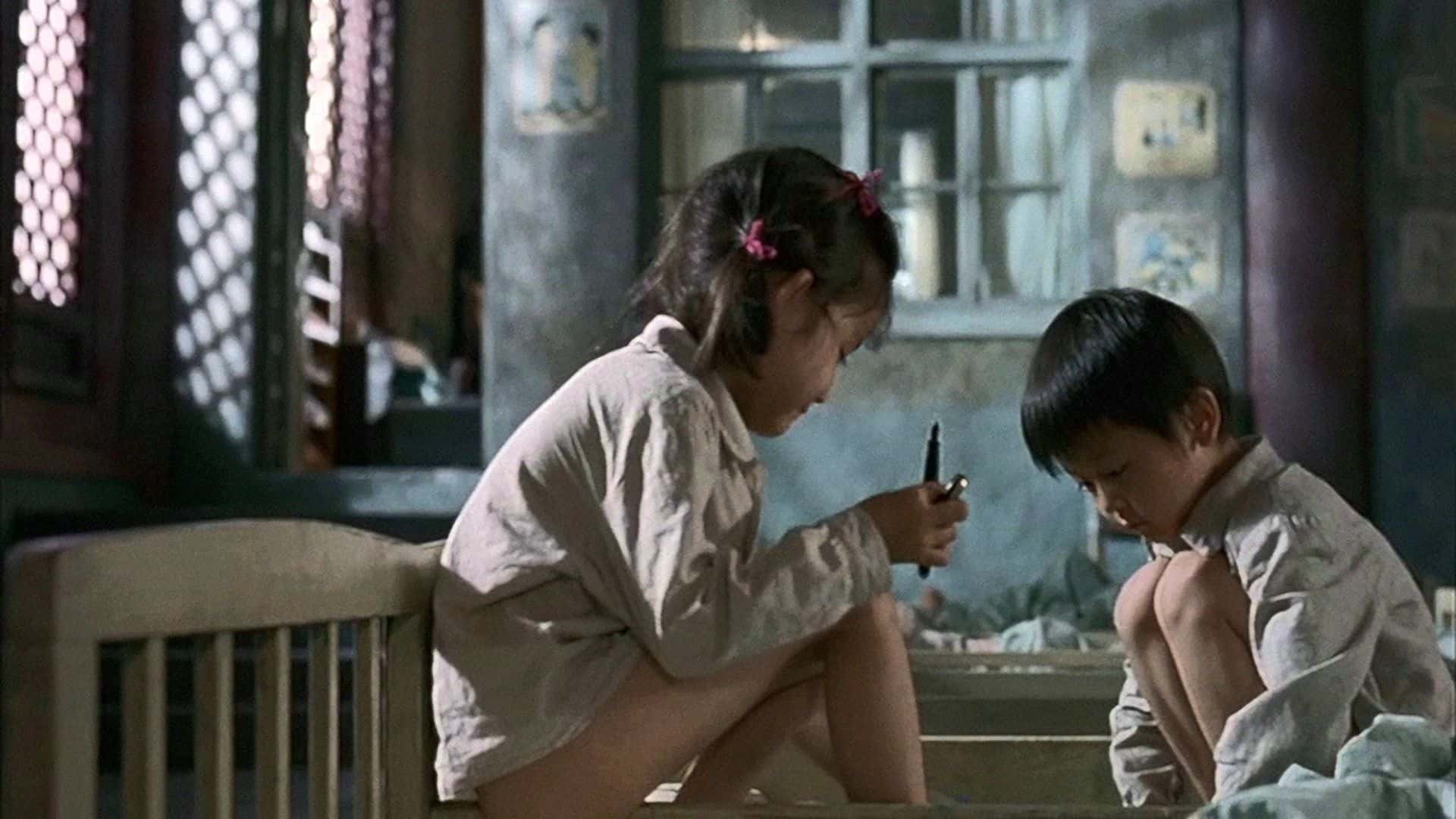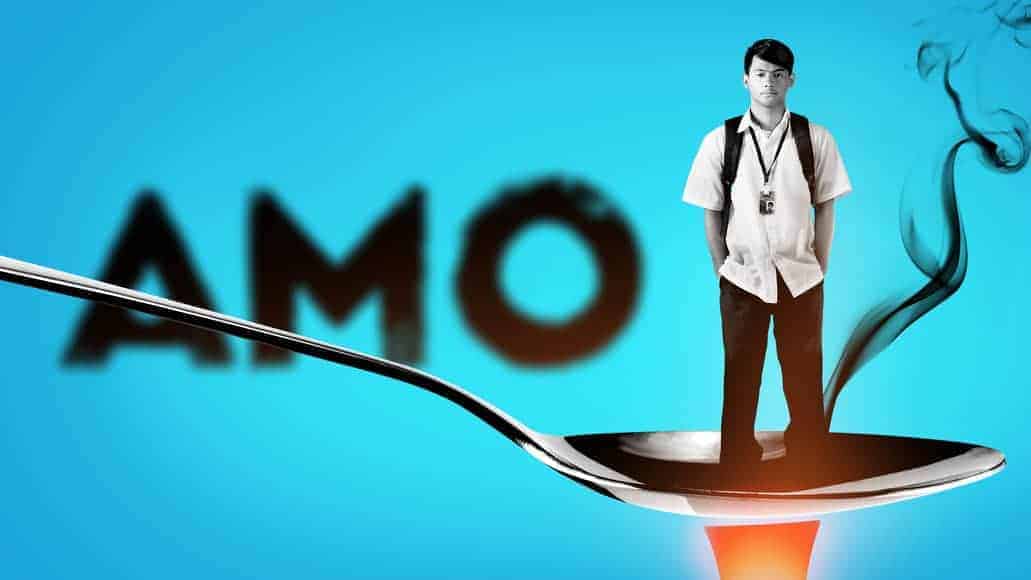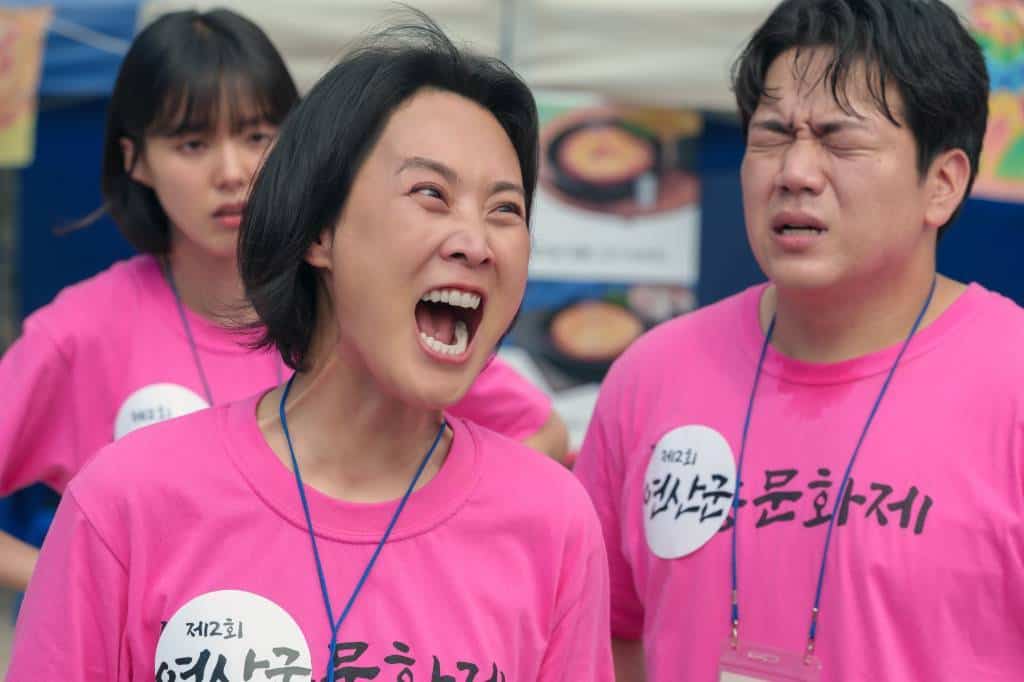The year is 2003, and Takashi Miike is in his prime, not that he was not at that place many times before or after. As contradictory as it may sound, he always had phases of excellence versus good and less good years of productivity, but he never left us with the feeling of not wanting to see more. One of the most productive living film directors had already delivered “Gozu” in 2003, an ultimate nightmare of a yakuza saga with epic violence scenes that made us shudder, as well as the two-part movie “The Man in White”, a revengeful bloodbath mercilessly staining white suits in a pulse-raising manner along with a majorly underrated TV film “Negotiator” about three robbers who take the hospital hostage to get away with the previously committed crime. Not counting “One Missed Call”, that particular year gave us some of Takashi's most memorable nail-chewing moments.
The cult Japanese director's mind was only partially occupied with Yakuza movies in 2003, a year that proved fruitful, but “Kikoku” remains one of his most interesting dwellings with the secret societies. At the beginning of the film, the camera is shaky and unstable, following the events that initiate a war between two yakuza clans, almost stepping into the realm of a pretend documentary with its focus on stressed out faces and deliberately chaotically staged scenes of men running about towards the important meeting that will determine the whole plot. This includes a charming scene of a small-scale gang boss (Muto, played by Koichi Iwaki) dressed in traditional Japanese garments walking slowly down the street, eating his ice cream from a cone. This matter-of-factly staged clash between the traditional and unconventional is just one of the few little gems appearing along the film narrative. Low angles dominate the photography, occasionally replaced by shots done in unconventional manner with a camera being carelessly disposed to rest on an uneven surface. Also, by using the security camera shots, be it genuine or placed to feel that way, Miike established the bridge between the three dimensions of his visual story-telling, switching between the feeling of a choreographed acting that sticks to the scenario, the documentarian, hectic approach and the improvisational interventions.
When the image takes another shape – seen from above, it is to spy on little encounters seen through the apartment windows, catching conversations over shared meals, almost putting them in the place of unimportant. This Marry-go-Round of camera tricks is working pretty well, directing the pace and the emotions of the film at the same time.
Yet again, in “Kikoku” we catch a glimpse of another painful tattooing session in a Miike film, along with the smirk-coloured exchange of criminals' wisdoms that justify the whole madness of the constant battle between the clans. Surprisingly, the strongest voice of reason is put in a woman's mouth, Muto's wife, a small shop owner, who is also the sister of the titular character Seiji (Riki Takuechi). The drama built around the classic yakuza film tropes of honour, strength, and loyalty, takes an unexpected twist when Seiji gets punished for all the qualities celebrated by his clan, despite of killing the biggest opponent of his boss(es) in an attack that would make the biggest film martial stars green with envy. The action scenes seen here are of highest quality, the brutality broken down to the very act of justified anger without a single drop of blood shown. The shooting, the fighting, it's all there, dead bodies as well, but the explicitness of it is non-present.
It's the chaos, not the expected set of rules that take over, as Seiji gets mercilessly manipulated by the interests of local gang bosses. The money talk turns into sweet talk, but the person on the other side of the negotiating table is not easy to manipulate.
Apart from good acting and more than a good photography, the costume and set design turn the film into an even more enjoyable cinematographic experience.


